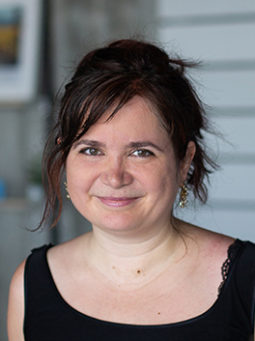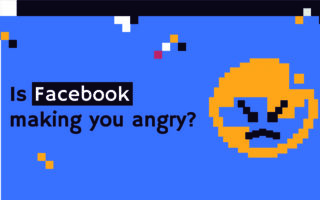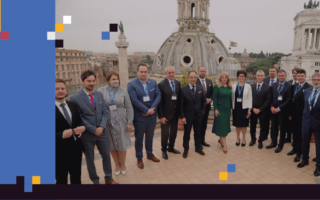What's
Our research about the fact-checkers’ needs at two international conferences
October is a month full of conferences. We attended two international conferences focused on misinformation with our research on fact-checkers’ needs. We joined the Trust and Truth Online conference in Boston remotely and went to the Information Interactions conference in Bratislava.
At the Trust and Truth conference, big platforms and researchers discussed the possibilities of how to be better at fighting misinformation. Researchers identified superspreaders on Twitter and found motivations for spreading misinformation on Wikipedia. They also pointed out reasons for trusting online media like BBC and suggested a way to minimize the impact of hate speech by a partial personalized content moderation.
Information interactions was a scientific conference that dealt with the ethical challenges of digital space. The main topics were misinformation, search technologies, AI ethics, digital literacy, information security, datafied societies, and misbehavior in academic environments. The live stream recording will be published on this link.
I personally liked the discussion about the ethical challenges of search technologies integrated in our brains (Miroslava Pastierová, Information Interactions). Our research about the needs of fact-checkers that serves as a basis for designing human-centered AI tools also ignited a lively discussion. Participants appreciated that humanities and social scientists are a part of AI research with the hope that such artificial intelligence will benefit people, not replace or even unintentionally harm them. We are currently in the process of finalizing the corresponding paper that we are planning to publish in a research journal.


